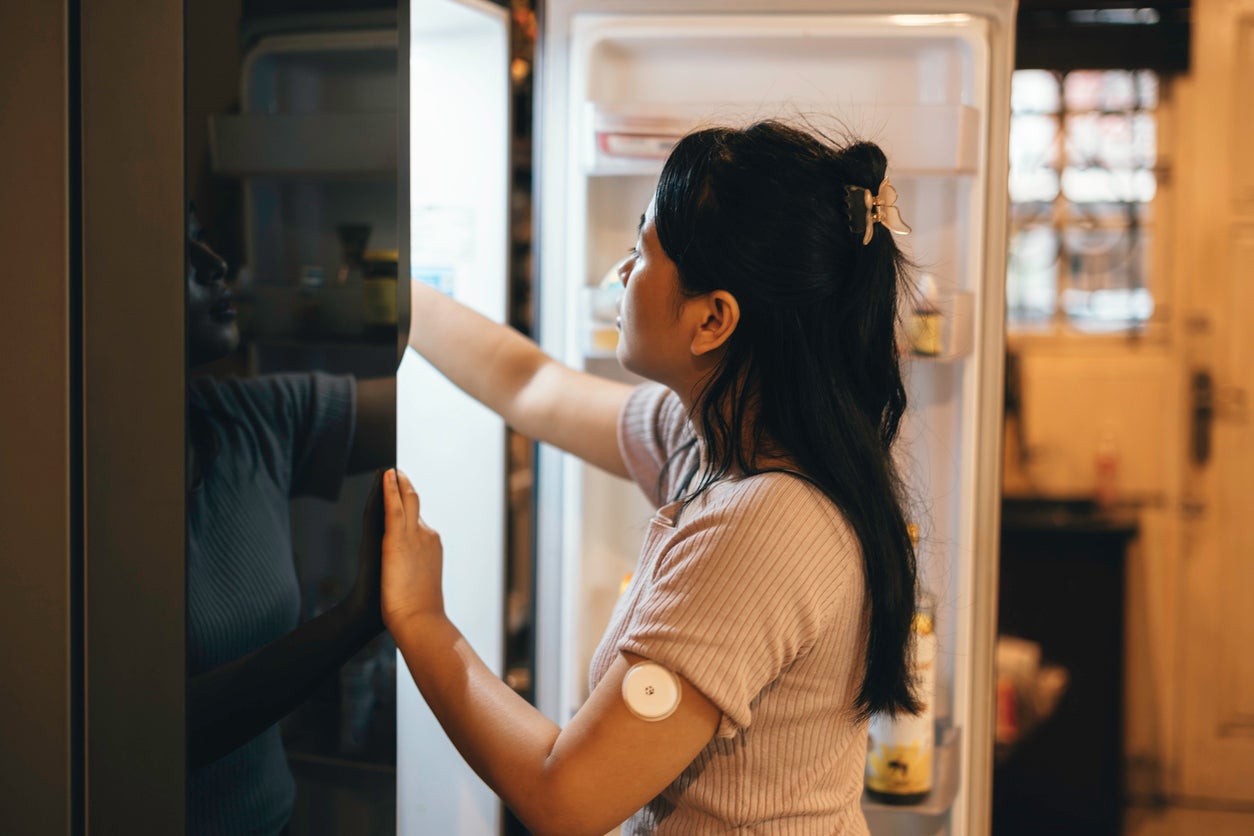A December 2024 report by the Education Data Initiative indicates that student loan borrowers hold an average of $38,240 in debt after graduation—certainly no small sum.
Whether you’re close to that average or have less or more debt, you might be wondering about one simple question: Do student loans expire? We’ll dig into this question and offer some insight into student loan expiration dates and what happens if you stop making payments.
Do Federal Student Loans Expire?
Unfortunately, like other types of loans, federal student loans don’t expire. This is true no matter the fate of the U.S. Department of Education. Your loan servicers will expect you to repay your federal student loans on schedule and as agreed.
Most federal student loans offer a grace period while you’re in school and for six months after you graduate. This grace period can provide you with some financial wiggle room as you get started with a new career following graduation. But after that, you’re on the hook for monthly federal student loan payments.
Certain federal student loans may be eligible for public service loan forgiveness (PSLF), but the availability of PSLF could change depending on future education policy changes.
Do Private Student Loans Expire?
Just as federal student loans don’t expire, nor do private student loans. And while some private lenders may give you a grace period allowing you to defer your payments until after graduation, this isn’t always an option. You may need to begin making monthly payments immediately on private student loans, even if you’re still in school.
Certain private lenders, like ELFI, offer multiple repayment options for private student loans. You can choose from the following:
- Immediate: When you opt for immediate repayment, you start making full monthly principal and interest payments while in school.
- Interest-only: You can also choose interest-only payments, where you make monthly interest payments in school and for six months following graduation. After that, you’ll make full monthly principal and interest payments.
- Fixed: Fixed monthly payments of $25 are another option while you’re in school and for the six months following graduation. After that, you’ll make full monthly principal and interest payments.
- Deferred: You can also choose to defer your payments while you’re in school and for six months after graduation. You’ll need to start making full monthly payments after that.
What Happens If You Stop Paying Student Loans?
If you stop paying your monthly federal or private student loans, missed payments can be reported to the major credit bureaus, ultimately hurting your credit score. And after a certain time period of nonpayment, your loan servicer or lender will consider you in default. That time frame varies depending on whether you have federal loans or private loans. It can also vary by lender.
With federal student loans, your loans are considered in default if you don’t make payments for 270 days. Private student loans typically give you less time before your loans are considered in default. A loan default can hurt your credit score more significantly than a missed or late payment, and a defaulted account remains on your credit reports for up to seven years.
A low credit score and negative items on your credit report could make it harder to get an apartment, find affordable insurance, or get a loan or credit card. Besides damage to your credit, there are several potential consequences if you stop paying your student loans. Your entire balance could come due all at once, your wages or tax refunds could be garnished, and if you’re seriously behind on payments, your lender could take you to court.
Alternatives to Stopping Student Loan Payments
Stopping your student loan payments can have some pretty serious consequences, so it’s important to act quickly if you get behind. The longer your wait, the more serious those consequences might be. If you’re struggling to keep up with your student loan payments, here are some alternatives to non-payment:
- Contact your lender or loan servicer: Contact your lender or loan servicer immediately if you’re struggling to make your student loan payments. They may be willing to grant you some temporary relief until you’re able to regain your footing.
- Modify your repayment plan: If you have federal loans, you could be eligible for an income-driven repayment (IDR) plan if you meet certain criteria. Contact your loan servicer or apply for an IDR through the Federal Student Aid office. .
- Consider deferment or forbearance: Deferment or forbearance could also be options with federal student loans if you qualify. Both let you pause your loan payments temporarily, but be aware that most loans in deferment or forbearance will still accrue interest even if payments are paused.
- Refinance your loans: Refinancing could also be an option if you have private student loans. (Consolidation is a better option for federal student loan borrowers.) Refinancing involves replacing an existing loan (or loans) with a new loan. Ideally, that new loan will have a lower rate, effectively reducing your monthly payments. You could also opt for a longer term to accomplish the same goal, but be aware you’ll pay more interest over the life of your loan if you extend your term.
The Bottom Line
In an ideal world, your student loans would simply expire and you wouldn’t need to worry about making payments anymore. Unfortunately, this isn’t how it works. Unless you qualify for student loan forgiveness through a program like PSLF, you’ll need to keep making your monthly payments. That said, you can take certain steps like working out a payment plan with your lender or student loan refinancing to make your payments more manageable.



